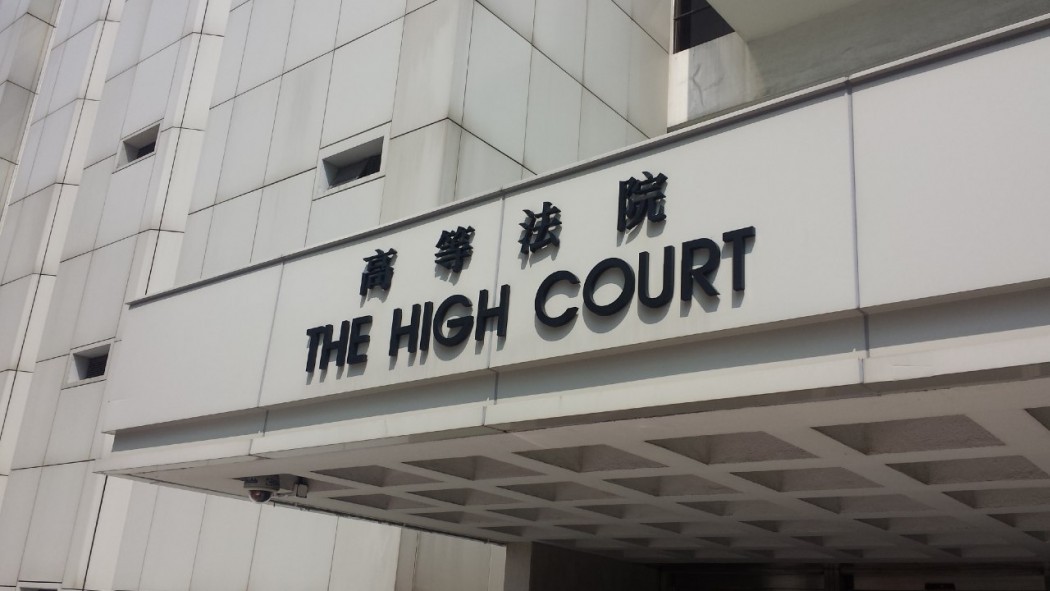The High Court has rejected a claim brought by five Sheung Shui indigenous villagers against a law firm representing a developer in a land dispute. In his judgment on Tuesday, Judge Anthony To Kwai-fung said that the villagers were just as guilty as the developer and that they should not be given favourable treatment.
The case came following a ruling made by the District Court last Friday in another case involving rights under the Small House policy. Eleven indigenous villagers of Sha Tin were found guilty of illegally transferring their land rights to developers and were sentenced to a term of between two-and-a-half to three years in prison each.

In the present case, the five villagers sold their rights under the Small House policy to a developer in 1994 for HK$200,000 each. They applied for houses to be built on land transferred to them by the developer at no cost. The land was then held by them on trust for the developer.
Mutual benefit
In 2005, the developer sold the houses with a document bearing the villagers’ signature. The villagers deny having signed the papers, saying that they were forged. When the villagers tried to sell the house to another company, the developer applied for an injunction with the court to prevent them from doing so, Apple Daily reported.
The plaintiffs then sued the law firm which represented the developer in an injunction claim for the HK$2.11m legal fees incurred in the suit. They said that the lawyers conspired with the developer to damage their land rights. They also claimed to have a beneficial interest in the land, because the developers built the houses with their land rights.

The judge, however, ruled that rights enjoyed under the Small House policy were a personal and not a proprietary right, and that the villagers had no beneficial interest over the land. Since they had no right to the land in the first place, they also did not have rights to the houses under the policy, Oriental Daily reported.
Equally guilty of abuse
The judge also said that the plaintiffs played just an active of a role as the developers in making false representations during the application for the licence to build the house. In rejecting their claim for damages, he said the villagers should not be given favourable treatment under the policy when they were equally guilty of abusing the Small House policy and benefitting from illegal activity.
Under the Small House Policy, male indigenous villagers who are descendants of a male line from a recognised village in the New Territories may apply for building a small house on their own land at zero premium, or on public land through a private treaty grant, once during their lifetime.
